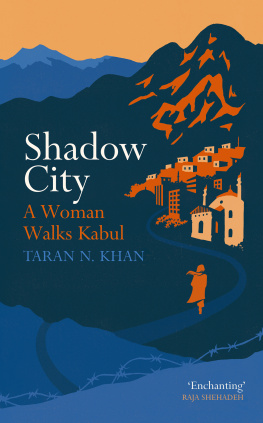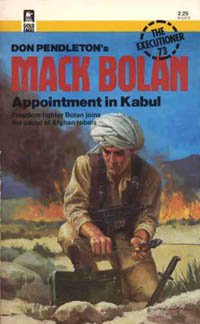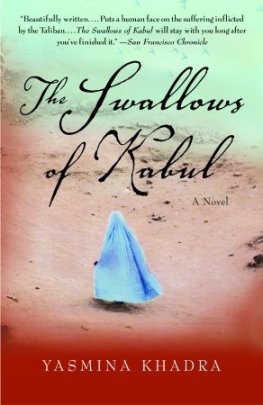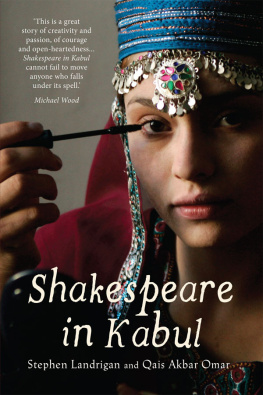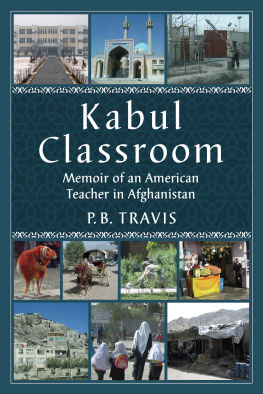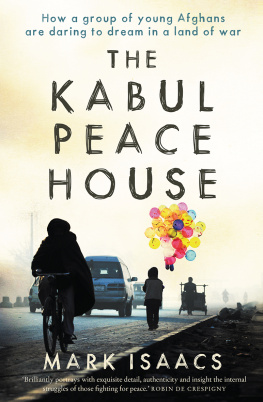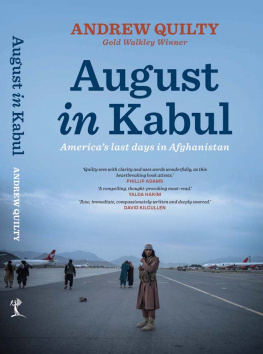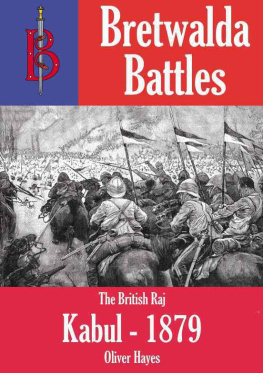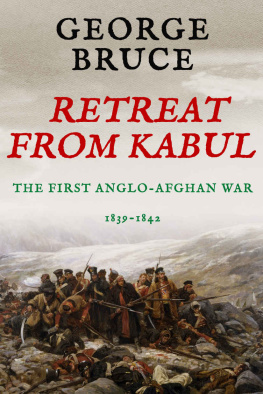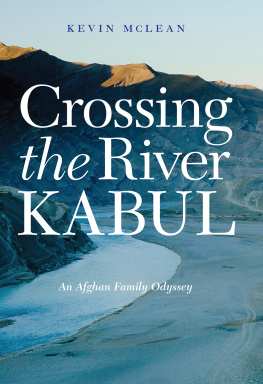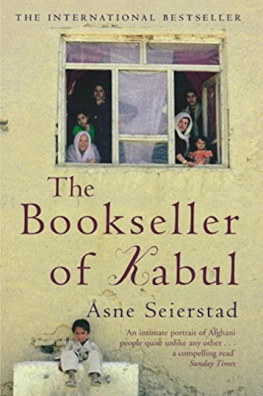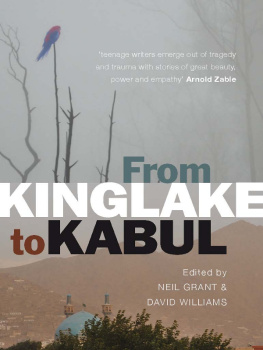

Taran N. Khan
SHADOW CITY
A Woman Walks Kabul

CONTENTS
ABOUT THE AUTHOR
Taran N. Khan is a journalist and non-fiction writer based in Mumbai. Her writing has appeared in Guernica, Al Jazeera, Berfrois, Himal Southasian, Gulf News and Dagsavisen, as well as in leading publications in India like The Caravan, Open, The Hindu and Scroll.in. She has received fellowships from the MacDowell Colony, Logan Non-Fiction Program, Jan Michalski Foundation and Pro Helvetia. From 2006 to 2013, Khan spent long periods living and working in Kabul. Shadow City is her first book.
For my parents
Khwab-e-nausheen-e-baamdaad-e-raheel
Baaz daarad piyaada raa ze sabeel
Harke aamad emaarat-e-nau sakht
Raft-o-manzel ba deegare pardakht
Sweet slumber on the morn of departure keeps the traveller from the road.
Everyone who has come here has built a new structure; each departed, turning over his dwelling to another
Gulistan by Saadi Shirazi
Translated by Wheeler M. Thackston

FOREWORD
One of the first things I was told when I arrived in Kabul was never to walk. It was early 2006, five years after the overthrow of the Taliban government by US-led coalition forces, around the same amount of time that the Taliban had been in power before 2001. Winter was just beginning to fade and, like the seasons, Kabul was on the verge of turning, though we did not know it then. As spring transformed the surroundings, I joined the rush of bodies on the street and took my first walk in the city.
My memory begins from a place I almost certainly did not start from. I must have got there somehow. But in my mind I first recall moving through a bazaar called Mandayi, on the southern side of the Kabul River. I remember making my way through narrow lanes and shops that extended onto the street. Traders and their carts spilling onto the thoroughfares. Stepping around the piles of dried fruit, tins of cooking oil, soap. The way the dull sunlight of that rainy spring day filtered through the canopies erected over some shops. The earth was muddy, the market not too crowded; familiar, like the bazaars of cities I knew in India. I recall walking onto a bridge, and buying a checked scarf from a young man standing by its railing. His face was barely visible behind his stock of fluttering fabrics, which he had tied to a wooden frame resting on his shoulders. He smiled when I took his picture. Behind him were the mountains that encircle Kabul the Koh-e-Sher Darwaza on my left, the Koh-e-Asmai to my right. Between them, below the bridge, was the river sluggish with some water, some rubbish. I moved across the bridge, and in the process I spanned the citys history, from the Shahr-e-Kohna, or the old city, to the Shahr-e-Nau, or new suburbs, ahead of me.
Memory returns in fragments. I remember walking through the half-empty streets feeling the sun on my back. I heard snatches of song on a radio, passed a group of young men lounging on a broken sofa they had pulled onto the street. I saw walls with bullet marks, and barriers across gates, and the glass panes of shopfronts painted with calligraphy. Under my feet was the slush of the spring. There was smoke rising from the chimneys, and evening colouring the snow on the peaks of the Paghman range on the horizon. Birds on the bare branches of trees, singing songs of the approaching dusk. Back in my room, I had tried to brush the mud off my shoes, my clothes, but it had clung stubbornly. I had looked out of the window. Beyond the walls that enclosed the courtyard, the city had changed. It shimmered like a promise, far larger than I had thought. The more I walked, the larger it revealed itself to be.
In the bluster and immensity of war the one that began in 2001 and the ones before it it is easy to forget that Kabul existed 3,000 years ago. Years after I arrived, I read a passage in a history of the city that seemed to ring true. Like some people, certain cities suffer from amnesia, it said. Not that they have no past. Rather, this past, no matter how glorious it may have been, will have left so few reminders, so few architectural vestiges, so few visible traces, that it remains something obscure, if not completely invisible. In this amnesiac city, I found that walking offered a way to exhume history a kind of bipedal archaeology as well as an excavation of the present.
Over the years these walks deepened and the streets changed. My journeys to Kabul unfolded between 2006 and 2013, and each return yielded fresh transformations. During this time, I moved through a city of memories stories and fragments of Kabul recounted by others. I wandered through myths and fables, took routes of the imagination, ventured into dreams and poetry. Like vast bridges, they connected different eras and places. In these wanderings, I found a city of hidden abundance.
To call Kabul an amnesiac city is to refer to its physical landscape, where the ruins of the past lie below the surface. But it could also refer, I realised, to its obscured culture, the vanishing of the very idea of Kabul as a city with history; with a specific, cosmopolitan way of life. These expeditions into Kabuls parallel terrains were like chasing the shadows that flickered across its streets.
This happened to be exploration of a kind I was familiar with.
I have a complicated relationship with walking. This has a lot to do, I suspect, with having grown up in Aligarh, a city in northern India, where walking on the streets came with intense male scrutiny, and the sense of being in a proscribed space. As a woman stepping out into its thoroughfares, I needed a reason to place my body on the street. I learned to display a posture of work while walking, and to erase any signs that may hint at my being out for pleasure, for no reason at all other than to walk. All this means I see walking as a luxury, not something to be taken for granted. It is an act of autonomy and mobility I learned early to seize as a form of pleasure. I also grew adept at the allied skill of reading my terrain, looking out for signs that told me if it was open, or off-limits.
Being told not to walk was another way in which Kabul felt familiar. To map the city, I drew on the same knowledge and intuition that had helped me navigate the streets of my home town. Which is why, unlike the maps of guidebooks that seek to make checklists and establish authority, the routes I took were wandering and idiosyncratic. They were not trajectories of efficiency leading to a predetermined destination, nor were they maps of authority or delineation, offering control or explanation. These were routes of discovery maps of being lost. To be lost is a way to see a place afresh, a way to reimagine a terrain that feels known. To be lost in Kabul is to find it as a place of richness and possibility.
Exploring Kabul, I found, required the same principles that help in the reading of mystical Persian poetry, in the relationship between the zahir, or the overt, and the batin
Next page
